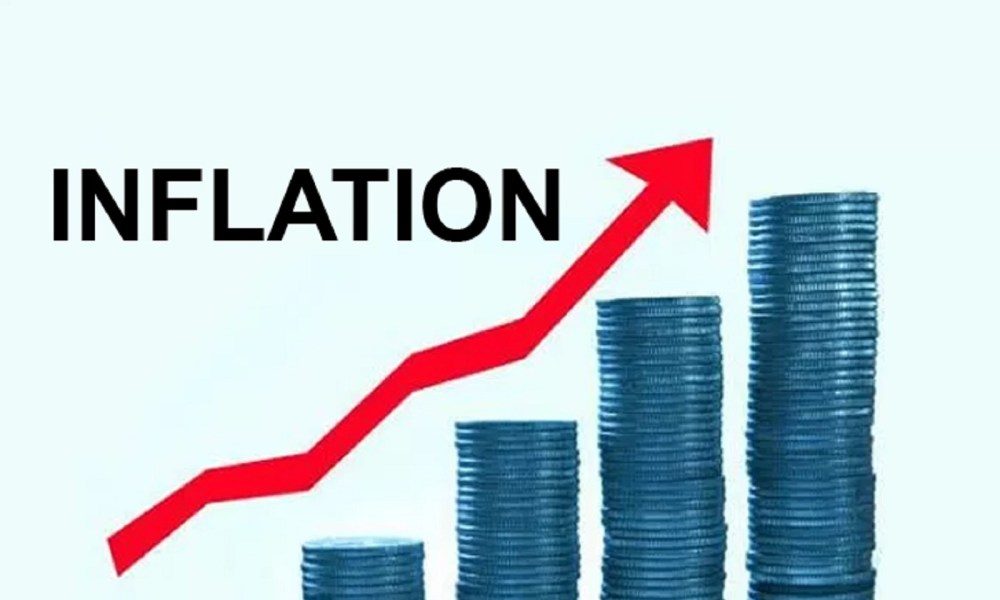Nigeria’s inflation soared to 21.82 per cent in January 2023, according to the National Bureau of Statistics.
This is amid a redesign of the naira by the Central Bank of Nigeria. January’s inflation rate is a 0.48 per cent point increase from the 21.34 per cent that was recorded in December 2022.
This is a new 17-year high after inflation fell for the first time in December 2022. Prior to December, Nigeria’s inflation rate had been rising consistently for 11 months.
In 2022, the NBS listed disruption in the supply of food products, increases in import cost due to the naira’s depreciation and a general increase in the cost of production as the cause of the rise in inflation.
In its ‘Consumer Price Index’ for January 2023, the national statistics body said, “In January 2023, the headline inflation rate rose to 21.82 per cent compared to December 2022 headline inflation rate which was 21.34 per cent.
“Looking at the trend, the January 2023 inflation rate showed an increase of 0.47 per cent points when compared to December 2022 inflation rate. However, on a year-on-year basis, the headline inflation rate was 6.22 per cent points higher compared to the rate recorded in January 2022, which was 15.60 per cent.
“This shows that the headline inflation rate (year-on-year basis) increased in the month of January 2023 when compared to the same month in the preceding year (i.e., January 2022).”
According to the NBS, increases in the prices of bread and cereal, actual and imputed rent, potatoes, yam and tuber, vegetables, and meat.
According to the CBN, its naira redesign policy will help control inflation. Recently, the CBN Acting Branch Controller in Ondo State, Mr Giwa Ademola, said, “The benefits of the currency redesign to the Nigerian economy are enormous given that this policy will help to control inflation, as the exercise will bring the hoarded currency into the banking system, thereby making monetary policy more effective.
“It will also help with better design and implementation of monetary policy as we will have much more accurate data on money supply and monetary aggregates.”









